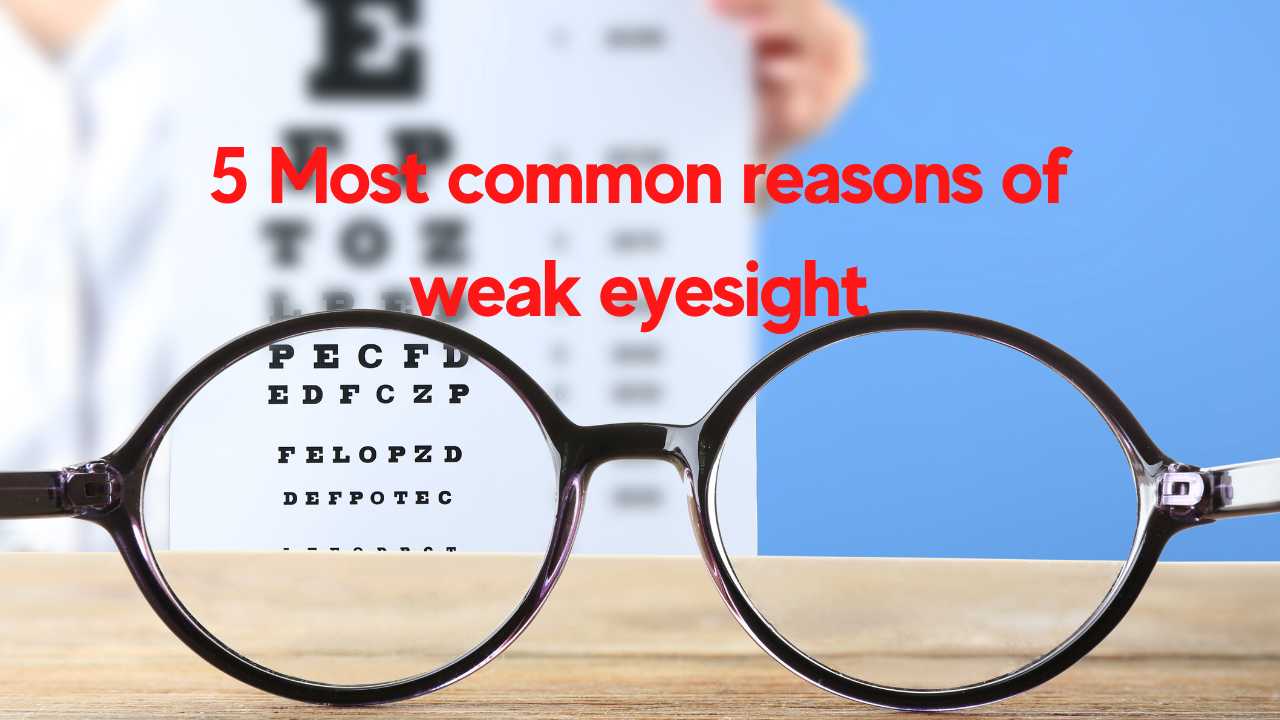Weak eyesight is a common problem that affects many individuals. The causes of poor eyesight vary, but there are five of the most common reasons of weak eyesight.
First, age can be a factor in weak eyesight.
As we age, the lenses in our eyes become less flexible and the muscles that control them become weaker. This can result in a decrease in sharpness and clarity of vision. Additionally, age-related macular degeneration (AMD) can cause vision loss. AMD is a leading cause of vision loss in people over the age of 50 and can cause a decline in central vision.
Second, genetics can also play a role in weak eyesight.
Certain genetic conditions, such as retinitis pigmentosa and myopia, can cause vision problems. Myopia, also known as nearsightedness, is a condition where the eye is unable to focus on distant objects. Retinitis pigmentosa is a genetic condition that results in progressive vision loss.
Third, eye strain can also contribute to poor vision.
Eye strain is when the eyes are overworked and do not receive enough rest. Common causes of eye strain include staring at a computer or phone screen for long periods of time, reading in low light, and using incorrect eyeglass prescriptions.
Fourth, certain health conditions can also lead to weak eyesight.
Diabetes and high blood pressure can damage the blood vessels in the eyes, causing vision loss. Additionally, certain medications, such as steroids and antihistamines, can cause vision problems.
Finally, lifestyle choices can also be a factor in weak eyesight.
Smoking, lack of exercise, and a poor diet can all contribute to vision problems. Additionally, exposure to UV light from the sun can damage the eyes and lead to vision loss.
In conclusion, the five most common reasons for weak eyesight are age, genetics, eye strain, certain health conditions, and lifestyle choices. By taking steps to protect your eyes, such as wearing sunglasses when outdoors and taking regular breaks from screens, you can help to reduce your risk of developing vision problems.

